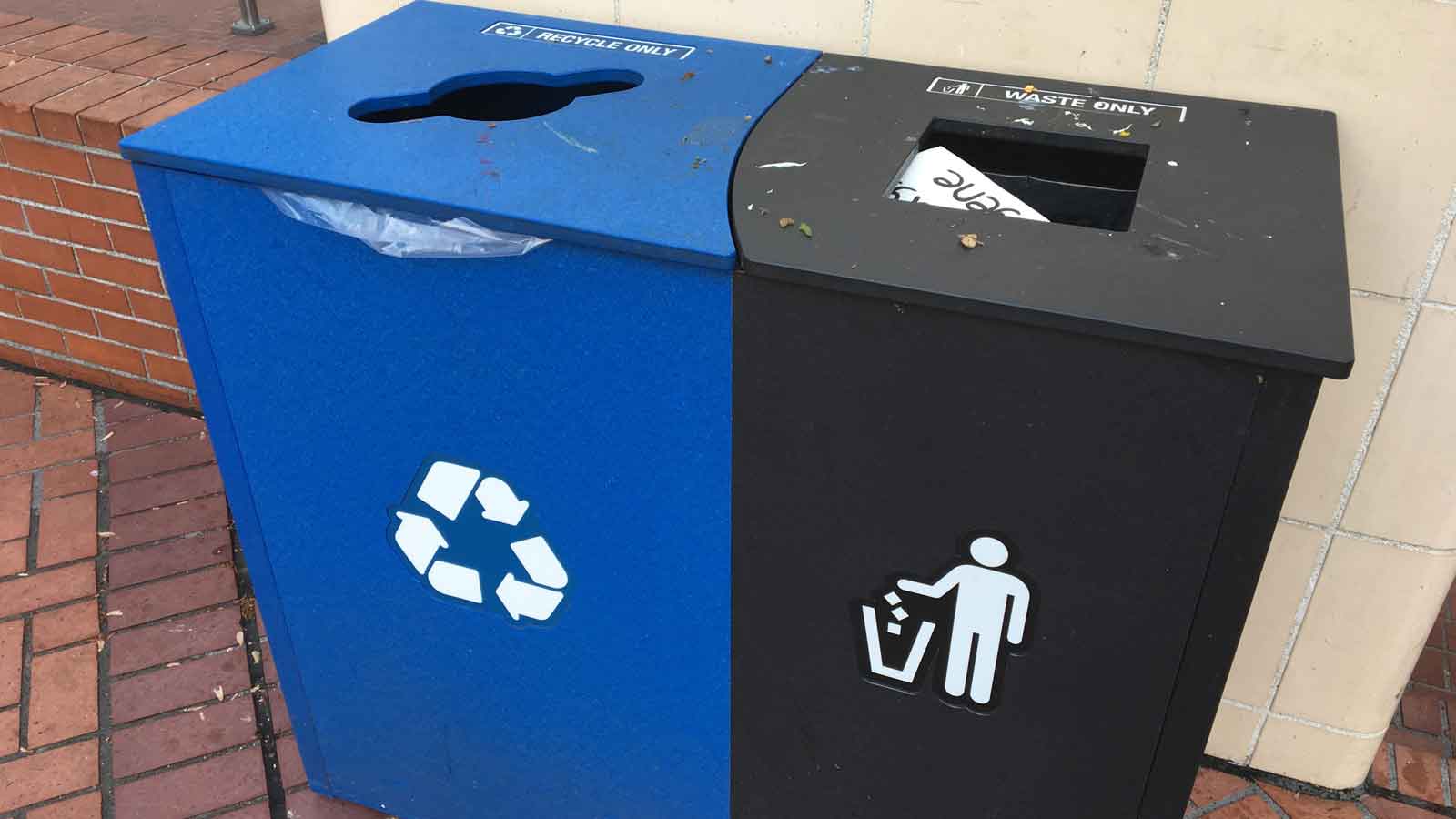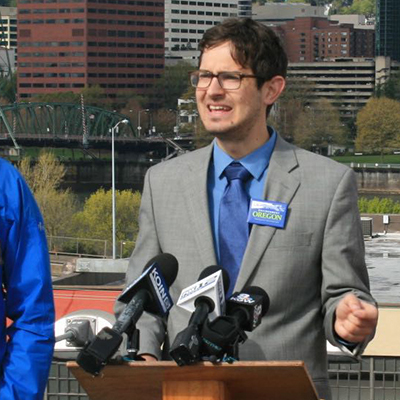
Recycling in Oregon: Where we’ve been and where we’re going
On Thursday, the Oregon Environmental Quality Commission will be voting on the first set of rules to implement the Plastic Pollution and Recycling Modernization Act. What will it mean for Oregon?
On Thursday, the Oregon Environmental Quality Commission will be voting on the first set of rules to implement Oregon’s new Plastic Pollution and Recycling Modernization Act. In order to understand how important and exciting this new law is, let’s take a moment to reflect on some of the challenges we’ve faced in recycling and waste prevention in Oregon and how this new law has the potential to change things for the better.
A (very) brief history of recycling in Oregon
Oregon prides itself on recycling and environmental stewardship. Oregon was the first state to pass a bottle bill in 1971 to clean up litter and conserve resources. In 1983, the Oregon legislature passed a bill requiring every community to set up a system to give residents and businesses the opportunity to recycle, which was expanded to make recycling service more frequent, expand what could be collected and bring recycling to more Oregonians in 1991.
For the decades following, more changes were made to improve access to recycling, and consumers across Oregon have dutifully put items in the blue bin to get processed and shipped off to an end market to be turned into new consumer products– keeping those items out of the landfill and conserving resources. But a lot has changed in recent years– changes that have made it more difficult to recycle effectively.
Consumer goods and recycling markets have changed a lot over time
One of the biggest changes in recent years that has stymied recycling efforts in Oregon and across the country is in the materials that are used for consumer products and packaging. There has been a surge in the production and use of plastics. According to the United Nations, “in the early 2000s, the amount of plastic waste produced rose more in one decade than it had in the previous 40 years.” Nearly half of the plastics that are produced are intended for one use before disposal, causing a huge waste problem. As a result, the United States generates enough plastic waste to fill the Cowboys Stadium every 15.5 hours.
And this is a big problem because plastic is a challenging material to recycle. Many plastics can’t be recycled at all, and others can be turned into a new consumer product just two or three times before the quality is too poor to be used again. That has resulted in abysmal recycling rates for plastics– less than 9% of plastics get turned into another consumer product.
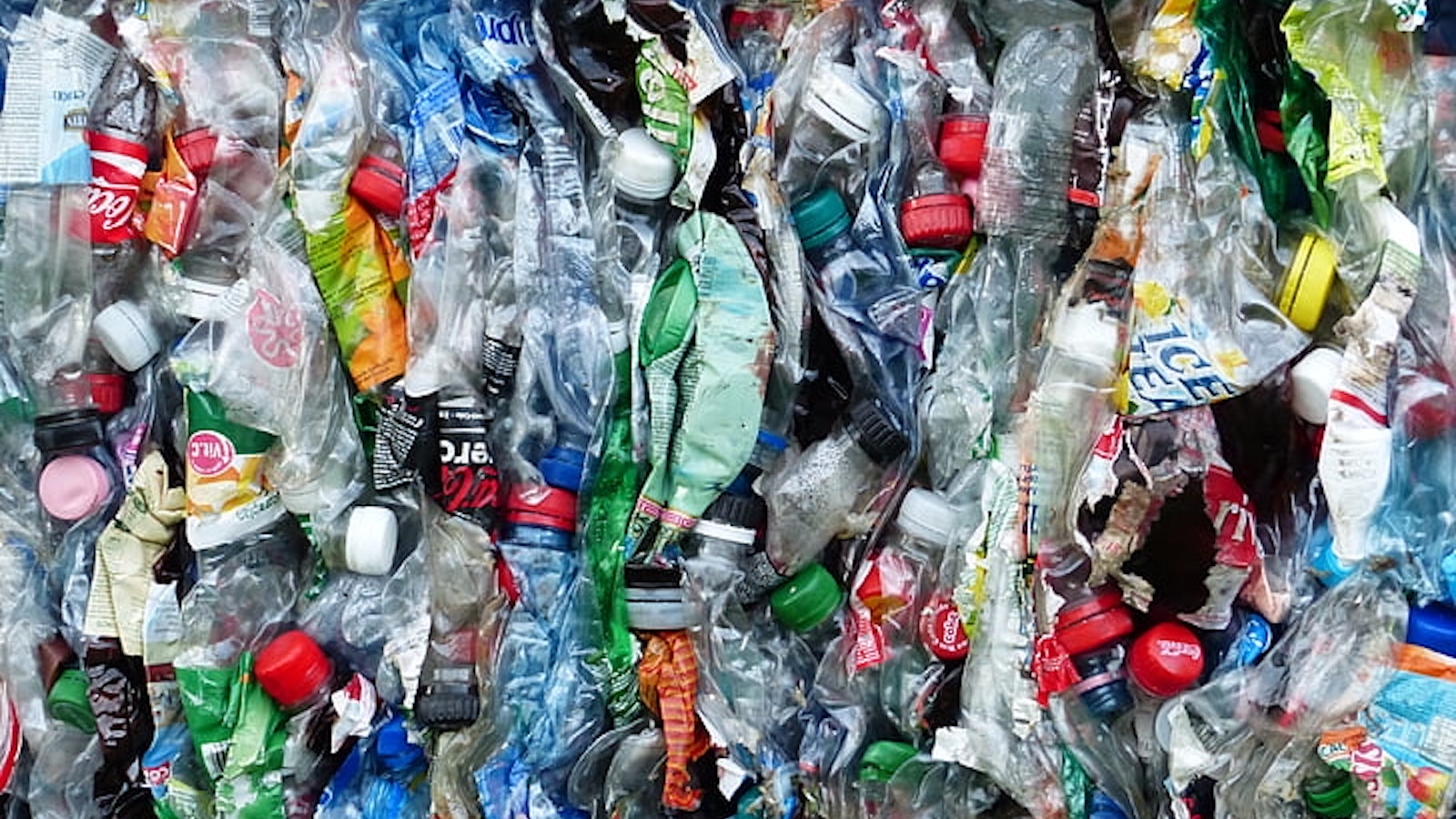
Frequently asked questions about recycling plastics
Alongside the surge of single-use plastic production, there have also been big changes in the recycling markets. For decades, one of the United States’ largest exports to East Asia by weight was waste. Rapid economic growth, high demand for materials and cheap labor made it economical for these Asian countries to sort through U.S. recyclables that were often commingled with low-value or unrecyclable materials.
Starting in early 2018, East Asian governments began banning, limiting or more heavily regulating U.S. recyclable exports. The era of globalized waste trade came to a sudden end and the U.S. was left to deal with its flawed recycling system.
While many people have blamed East Asian import restrictions for our current struggles, the U.S. is at fault for becoming dependent on exporting its recyclables. The United States failed to curb the rise of plastic, failed to build domestic demand for recycled material, and failed to ensure that product designers considered the end life of their products.
Oregon needed to figure out how to move forward.
Oregon rises to the occasion
Given the major challenges facing effective recycling efforts, along with increased costs, many states and localities have decided to scale back their recycling programs.
But Oregon went the other way.
To ensure that recycling continues to work in Oregon, the Oregon legislature passed the Plastic Pollution and Recycling Modernization Act in 2021. This law will modernize Oregon’s recycling system, ensure responsible end markets for recyclables, bring producers in to start bearing some of the costs of the system and bring recycling to even more Oregonians.
These big changes will be going into effect on July 1, 2025.
Here are some key provisions of the Recycling Modernization Act (RMA):
- Producer responsibility: One of the central pillars of the RMA is producer responsibility for packaging and paper products. Under this new producer responsibility program, manufacturers will be responsible for the waste their products become, and bear some of the costs of the waste management system through a shared responsibility model. The fees that producers pay into the system are graduated based on how environmentally-friendly their products are, creating an incentive for producers to design their products to be less wasteful. Producer responsibility is a proven approach to reducing waste and improving recycling.
- Waste prevention and reuse fee: One of the obligations of the producers will be a fee to support efforts to lower the environmental impact of their products (packaging, paper and food serviceware) through waste prevention and reuse.
- Uniform collection lists: Right now, what you can and can’t recycle depends on where you live. Starting on July 1, 2025, there will be a standard collection list for the items that can be thrown in your blue bin or taken to a depot or another collection point, no matter where you live in Oregon. This will address a lot of the confusion in the recycling system and make it easier to make sure you are recycling the right things.
- Responsible end markets: The RMA includes a requirement that the products that are covered under the new law and are collected for recycling are sent to responsible end markets and are managed in a way that is “environmentally-protective.” This means that when you put items in your blue bin or take it to a depot, you will have assurance that it will actually get recycled in a way that won’t have huge unintended environmental or public health consequences in Oregon or in other communities.
- Expanding recycling service: The RMA requires recycling services to be available in multi-family dwellings and expanded service in rural areas, ensuring that Oregonians, regardless of where they live, have access to recycling.
These improvements to Oregon’s recycling system have the potential to bring a lot of benefits to Oregonians and our environment– and they can’t come soon enough.
To learn more about Oregon’s Recycling Modernization Act, head to the Oregon Department of Environmental Quality’s webpage, which includes factsheets and videos with more information.
The Oregon Environmental Quality Commission will be voting on the first set of rules to implement the Recycling Modernization Act on Thursday, November 16, 2023 at 3pm. You can tune in here.
Topics
Authors
Celeste Meiffren-Swango
State Director, Environment Oregon
As director of Environment Oregon, Celeste develops and runs campaigns to win real results for Oregon's environment. She has worked on issues ranging from preventing plastic pollution, stopping global warming, defending clean water, and protecting our beautiful places. Celeste's organizing has helped to reduce kids' exposure to lead in drinking water at childcare facilities in Oregon, encourage transportation electrification, ban single-use plastic grocery bags, defend our bedrock environmental laws and more. She is also the author of the children's book, Myrtle the Turtle, empowering kids to prevent plastic pollution. Celeste lives in Portland, Ore., with her husband and two daughters, where they frequently enjoy the bounty of Oregon's natural beauty.
Charlie Fisher
State Director, OSPIRG
Charlie directs OSPIRG's campaigns to rein in the cost of health care, get big money out of politics and stand up for consumers. In a previous advocacy role with Environment Oregon, Charlie was part of successful efforts to increase Oregon's clean energy commitments and get the state off coal. Charlie's work has earned coverage in the Oregonian and other local and regional news outlets around Oregon. Charlie lives in Portland, Ore., where he enjoys bike rides along the Springwater Corridor and the city's local music and food scenes.
Find Out More

Can we fix plastic recycling?
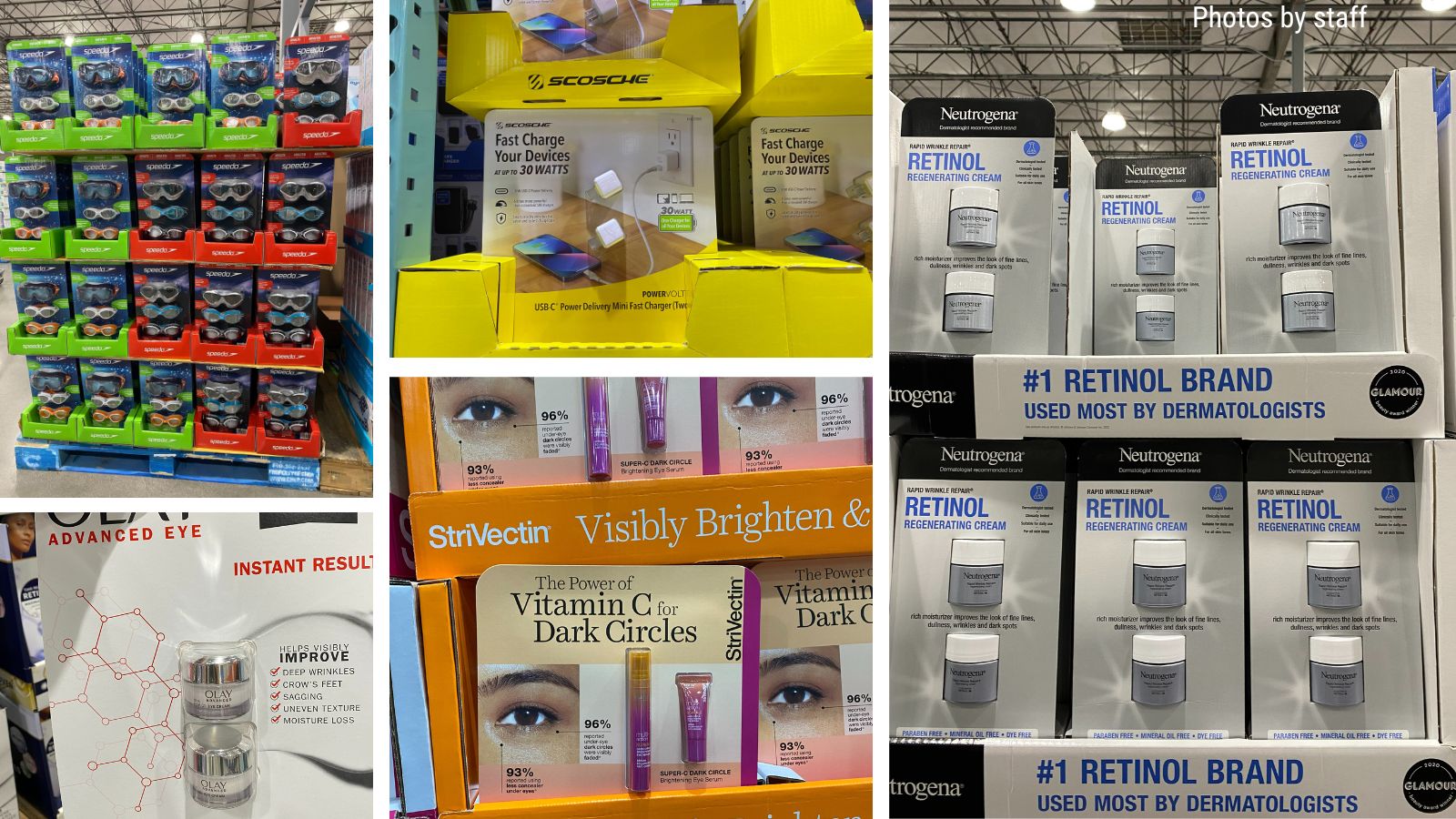
Costco should stop supersizing wasteful packaging
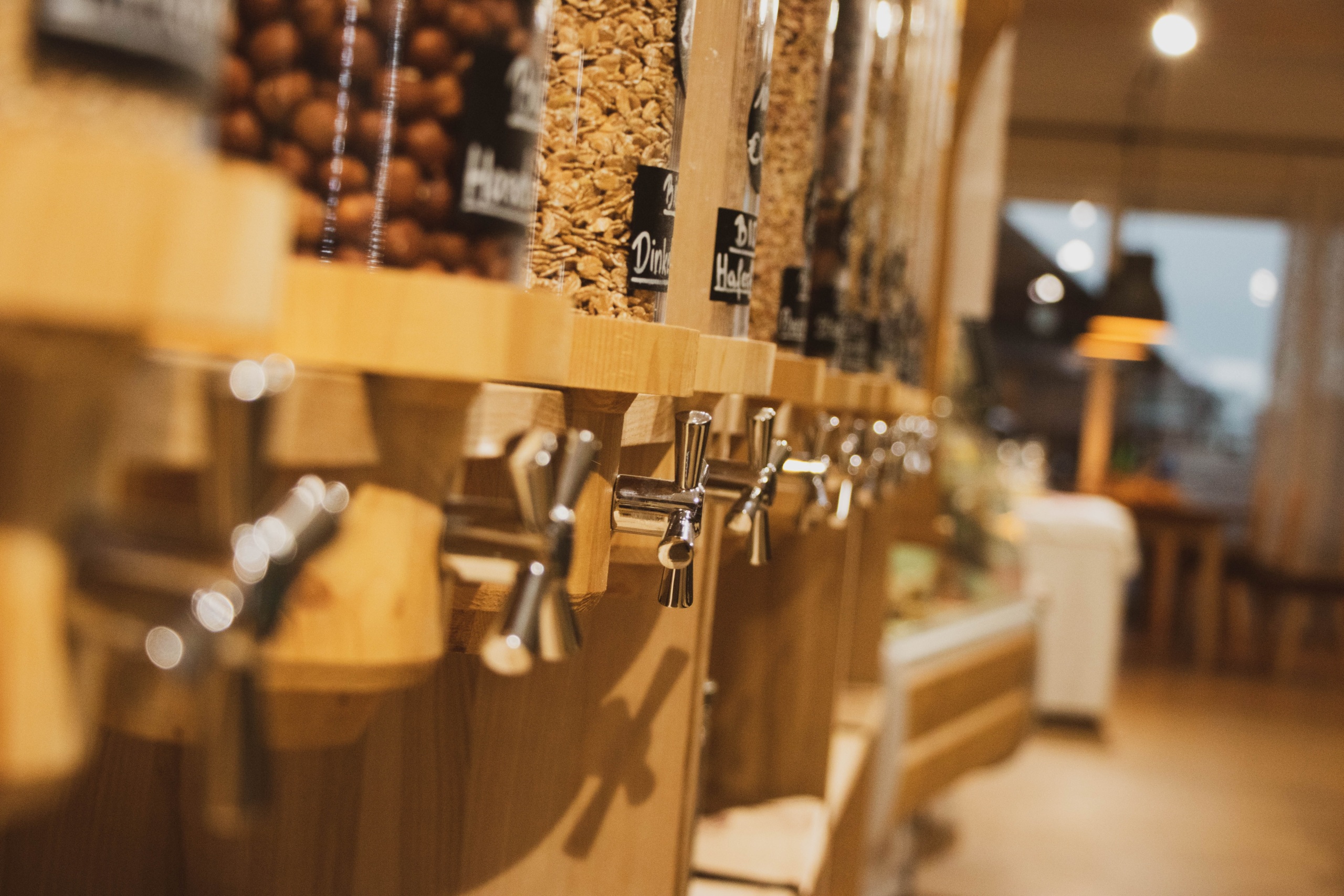
Ditch plastic packaging: Shop at your local refillery

